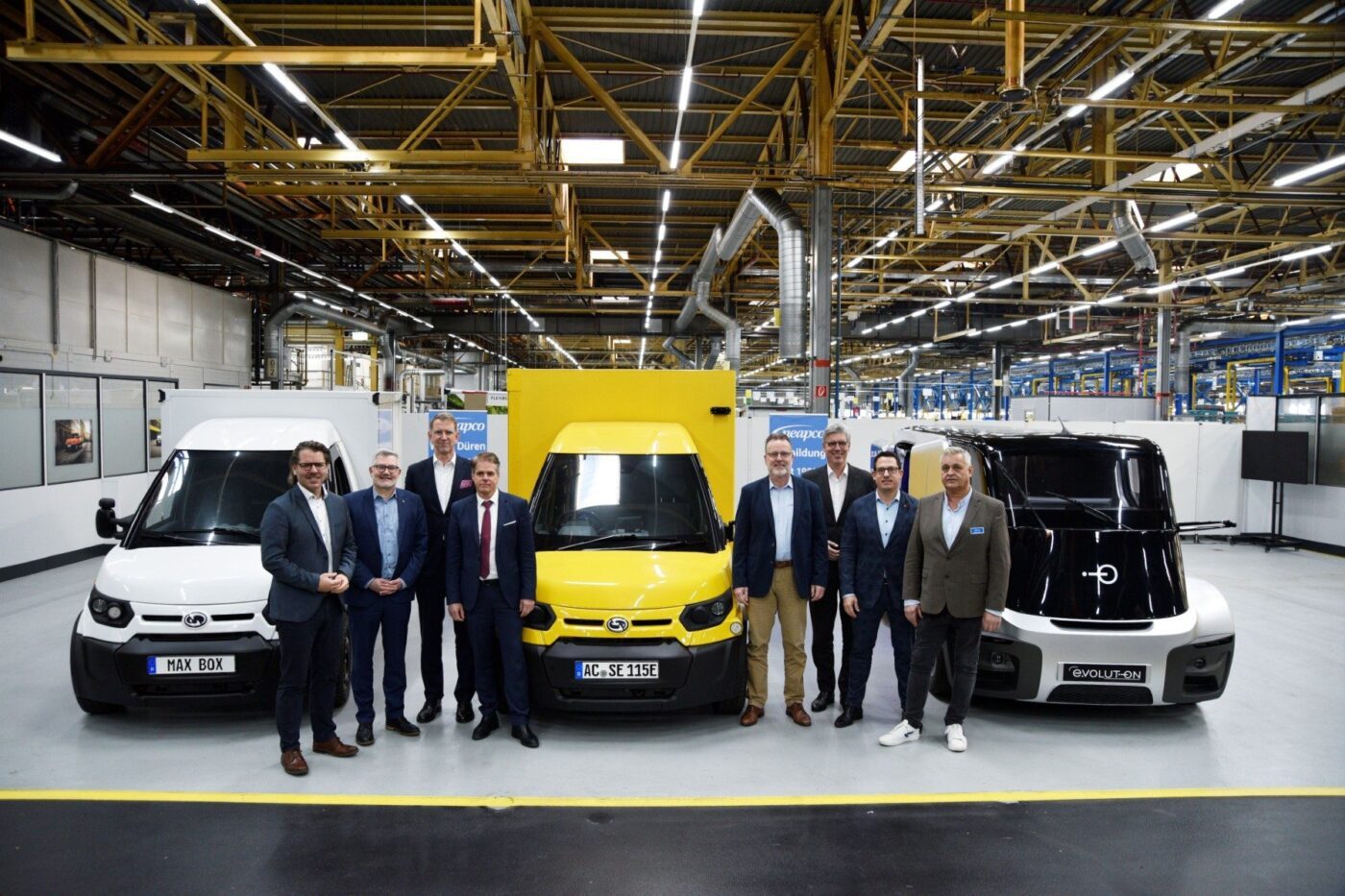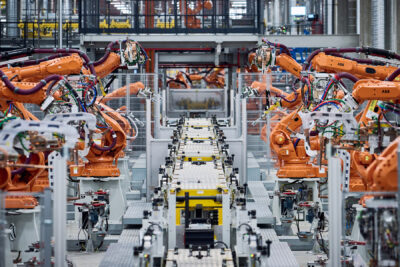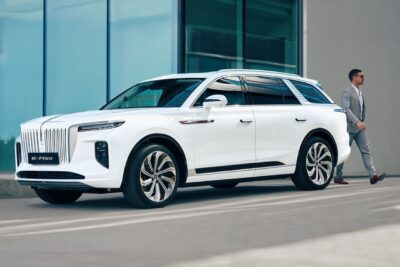Streetscooter is saved by its initial founder
Schuh’s new company e.Volution “has taken over the operations and assets of Nob Manufacturing GmbH as of January 1, 2024,” it states in its press release. To that end, the company entered into a strategic partnership with Neapco, which assembles the EV as a contract manufacturer in Düren, Germany.
Neapco, in turn, acquired the equipment for the assembly from the DHL Group, Streetsccoter’s previous owner. Since the latter has ordered 700 units of the electric delivery van, it will be “possible to continue operations and secure jobs at Nob, Neapco and other suppliers,” e.Volution states. Furthermore, it says that the DHL Group had created the conditions for commissioning and selling key operating resources to Evolution in a very short time.
“The case was quite complicated because many partners such as DHL and numerous key suppliers had to be involved who were not directly involved in the insolvency of Nob, but without whose cooperation a rescue would not have been possible,” says insolvency administrator Dirk Wegener, summarizing the last-minute agreements. “There was a lot to moderate and motivate in this process.”
Schuh founded the Streetscooter GmbH in 2010 and sold it to its pilot customer DHL in 2014. The latter then sold the company to the Luxembourg-based company B-ON in 2022. At the time, the company was still called Odin Automotive. Initially, production of the vehicles continued at the German Streetscooter plant in Düren, which had a capacity of 30,000 vehicles per year.
B-ON filed for insolvency in September in Germany, citing delivery bottlenecks and quality problems with components that led to a decline in production of the Sherpa, formally known as Streetscooter. Nevertheless, the company presented a new electric delivery van in October – the Pelkan. It has a maximum output of 85 kW and uses the Mobility in Harmony (MIH) open vehicle platform from contract manufacturer Foxconn.
Schuh’s new company e.Volution wants to introduce “superior sustainability to the automotive industry through the extreme longevity of vehicles.” Working with RWTH Aachen University, it developed an upgrade reassembly process to regularly and cost-effectively upgrade existing vehicles “thanks to a particularly durable chassis and a digital vehicle file.” A concept that, according to Schuh, is predestined for vehicles such as the Sstreetscooter.
“The stress on Streetscooters in daily operation is higher than on any other light commercial vehicle. This is where our concept can have an exemplary effect and significantly improve the ecological footprint over the life cycle while reducing operating costs,” explains Schuh. “I am very grateful to DHL Group and especially its CEO Dr. Tobias Meyer for his support in this transaction, which gives us the opportunity to take the joint innovation of Deutsche Post and RWTH Aachen University from 10 years ago to the next level.”





0 Comments